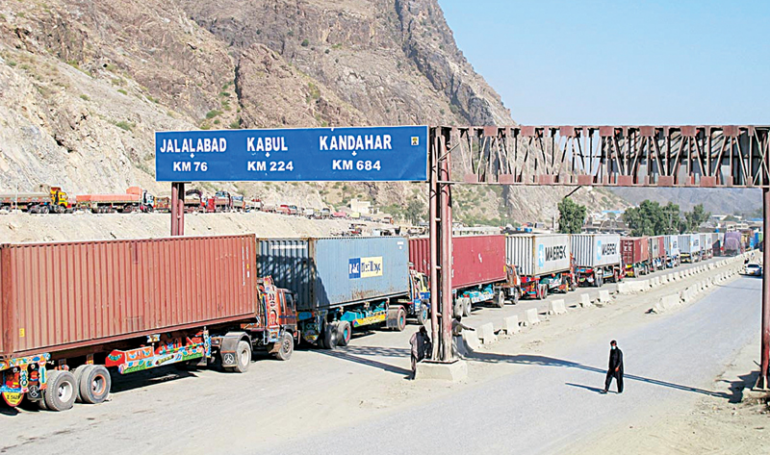The Ministry of Commerce Friday officially announced a Business-to-Business (B2B) Barter Trade Mechanism, allowing trade in goods with Iran, Afghanistan, and Russia.
Under this mechanism, both state-owned enterprises and private sector entities will have the opportunity to engage in import and export activities, said the official soruces.
They said eligibility for barter trade would be limited to importers and exporters listed on the Federal Board of Revenue’s active taxpayers list and subscribed to the Pakistan Single Window (FEW) System. The application process for authorization of import and export of goods would be conducted online through the regulatory collector.
The sources said the B2B barter trade arrangement would follow the principle of “import followed by export,” ensuring that the value of the exported goods matches that of the imported goods.
They said Pakistan had identified a range of 26 goods that could be exported to Afghanistan, Iran, and Russia. These goods include milk, cream, eggs, cereal, meat and fish products, fruits and vegetables, rice, salt, pharmaceutical products, finished leather and leather apparel, footwear, steel, and sports goods.
In terms of imports, Pakistan had specified the goods to be acquired from Afghanistan, including fruits and nuts, vegetables and pulses, spices, minerals and metals, coal and its products, raw rubber items, raw hides and skins, cotton, and iron and steel.
From Iran, they said Pakistani importers would be able to bring in fruits, nuts, vegetables, spices, minerals and metals, coal and related products, petroleum crude oil, LNG and LPG, chemical products, fertilizers, articles of plastics and rubber, raw hides and skins, raw wool, and articles of iron and steel.
For imports from Russia, Pakistani traders would have access to pulses, wheat, coal and related products, petroleum oils including crude, LNG and LPG, fertilizers, tanning and dyeing extracts, articles of plastic and rubber, minerals and metals, chemical products, articles of iron and steel, and items of textile industrial machinery.



